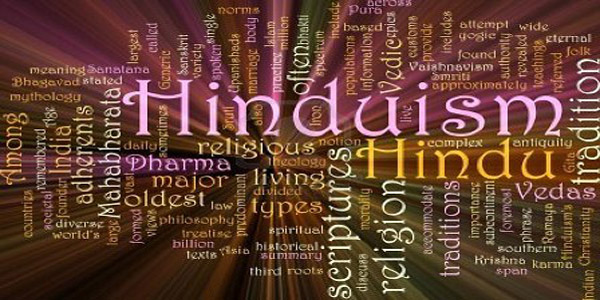 Until the law is made, there is no concrete solution that NADRA can offer. This causes great distress for women who are seeking inheritance, visa, divorce/separation and other rights
Until the law is made, there is no concrete solution that NADRA can offer. This causes great distress for women who are seeking inheritance, visa, divorce/separation and other rightsThis is a serious concern for Pakistan, a country that is blamed for not being able to protect the human rights of its people, minorities in particular who suffer from religious apartheid. Why is it that Hindu marriages are not being legally recognized yet? There are many explanations for this. One, in the past there was comparatively more calm in Hindu communities than there is today and their communal ceremonies were largely respected and undisturbed. It is with the rise of religious orthodoxy that the community started feeling insecure. This can also be linked to stringent religious views where a convert to Islam cannot revert back to his/her old religion. This led to the realisation that there are no laws that clearly define the boundary for others to infringe on their territory, especially that of marriage.
On another front, lack of any marriage legislation has resulted in difficulties for women getting their national ID cards issued. In 2009, the Chief Justice (CJ) took the suo motu notice on the issue where the National Database and Registration Authority (NADRA) was prompted to look into the matter. On this, NADRA started taking forms from women detailing their marital statuses but, until the law is made, there is no concrete solution that NADRA can offer. This causes great distress for women who are seeking inheritance, visa, divorce/separation and other rights.
In light of all the grievances of forced marriages, in 2008, a leader of the Scheduled Caste Rights Movement, Mr Ramesh Jaipal, primarily drafted the bill to be moved in the National Assembly. Before it could be presented, the National Assembly was dissolved and the bill was kept hanging in the pipeline. In June 2014, it finally gained some momentum again when the draft was presented by Dr Darshan of the PML-N and Dr Ramesh Lal of the PPP in the National Assembly. The draft was then referred to other committees for further refinement and consultations before it could be presented again in the National Assembly. The bill has received a no objection certificate from the ministry of religious affairs and inter-faith harmony. It has also received a nod from the Council of Islamic Ideology (CII) and has been consulted with the National Commission on the Status of Women. The bill is now pending in the Standing Committee for Law, Justice and Human Rights from where it is to be presented to the National Assembly for converting it into law.
Any given society is bound to suffer if there are no clear laws in place to govern its structure within the necessary constraints to safeguard human rights. Unless the bill is passed, the present turmoil will remain at large and insecurity will increase in multitude. If the issue is not addressed now, it will be more damaging as it shows a clear sign of discontentment in the Hindu community that appears to have lost hope as there are many threats that they face today. The delay means the perpetual suffering of a minority that is refused its rights. This will also reflect poorly on the status of a minority in Muslim majority Pakistan. Pakistan needs to refine its laws to better suit all the communities residing on its soil. Respect for religious beliefs, as have been characterised by the founder of Pakistan, Muhammad Ali Jinnah, should be upheld by the state.





